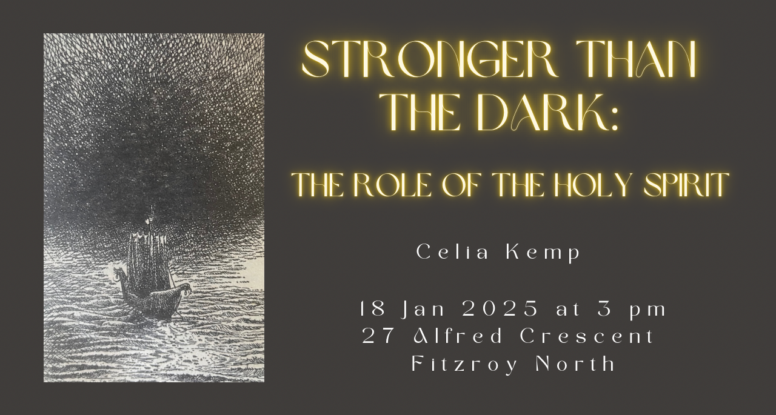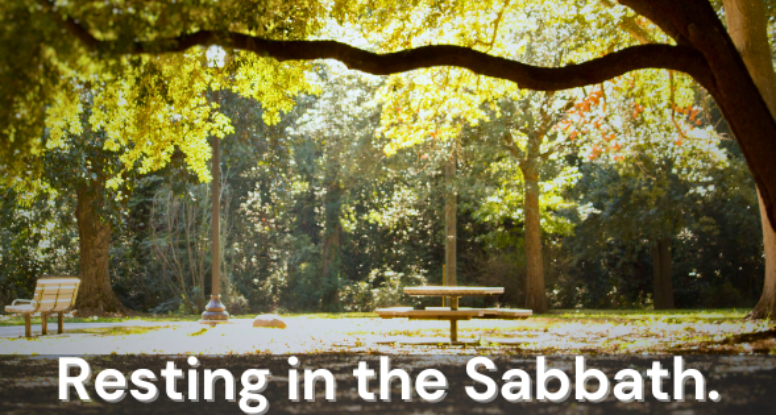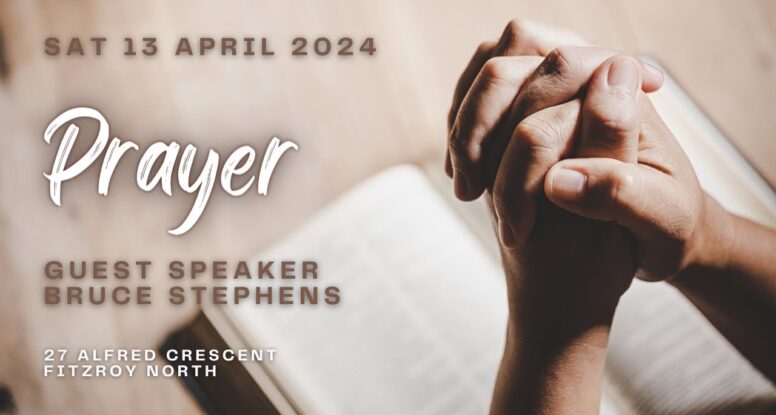These questions are a starting point to help spark discussion that digs deeper into today’s topic – feel free to adapt or add additional questions of your own.
These questions are a starting point to help spark discussion that digs deeper into today’s topic – feel free to adapt or add additional questions of your own.
by: Sharyn
Discussion questions for “Prayer”.










